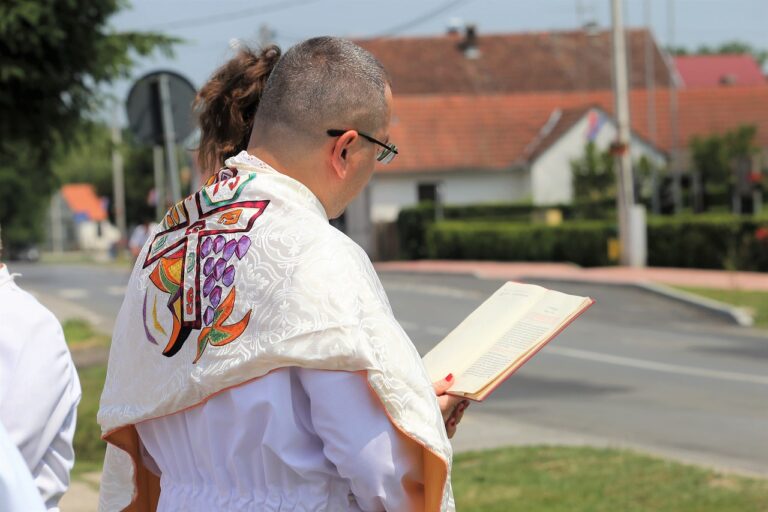Integrating Blockchain Technology in Academic Certifications
Blockchain technology is revolutionizing the way academic certifications are verified and issued. By leveraging the decentralized and transparent nature of blockchain, educational institutions can ensure the integrity and security of academic credentials. This technology provides a tamper-proof way of storing and sharing information, reducing the risk of fraud and unauthorized alterations to academic certificates.
Moreover, blockchain technology enables instant verification of academic credentials, eliminating the need for time-consuming manual verification processes. This not only saves valuable time for both academic institutions and employers but also enhances the credibility and trustworthiness of the certification process. With blockchain, academic achievements can be securely stored and accessed anytime, anywhere, providing a reliable and efficient way of validating educational qualifications.
How blockchain technology ensures security and authenticity of academic credentials
Blockchain technology plays a crucial role in ensuring the security and authenticity of academic credentials. By utilizing a decentralized and immutable ledger system, blockchain prevents unauthorized access and tampering of sensitive academic information. Each certification is recorded as a unique block on the chain, making it nearly impossible to alter or forge without detection.
The transparency of blockchain technology enhances the trustworthiness of academic credentials. With all parties involved having access to the same information, verification processes become quicker and more efficient. Additionally, the use of cryptographic hashes adds another layer of security, ensuring that academic certificates cannot be counterfeited or duplicated. By leveraging blockchain technology, academic institutions can uphold the integrity of their certifications while providing a reliable means for individuals to verify their qualifications.
The benefits of using blockchain technology for issuing and verifying academic certificates
Blockchain technology offers numerous benefits for issuing and verifying academic certificates. One of the key advantages is the enhanced security it provides. By encrypting data on a decentralized network, blockchain ensures that academic credentials are tamper-proof and secure from unauthorized access. This helps in safeguarding the integrity of certificates and reduces the risk of fraud or counterfeiting.
Additionally, blockchain technology streamlines the verification process of academic certificates. With all the information stored on a transparent and immutable ledger, employers or educational institutions can easily verify the authenticity of a certificate without the need for intermediaries. This not only saves time and resources but also boosts trust and confidence in the validity of academic credentials, making the entire verification process more efficient and reliable.
What is the significance of utilizing blockchain technology in academic certifications?
Blockchain technology ensures security, transparency, and authenticity of academic credentials by providing a decentralized and tamper-proof system for issuing and verifying certificates.
How does blockchain technology ensure the security and authenticity of academic credentials?
Blockchain technology utilizes cryptographic algorithms to secure data and create a digital ledger that records all transactions related to academic certificates, making it virtually impossible to alter or falsify information.
What are the benefits of using blockchain technology for issuing and verifying academic certificates?
Some benefits of using blockchain technology for academic certifications include eliminating the risk of fraud, reducing administrative costs, enhancing trust and credibility in the education system, and enabling individuals to have full control over their own credentials.







